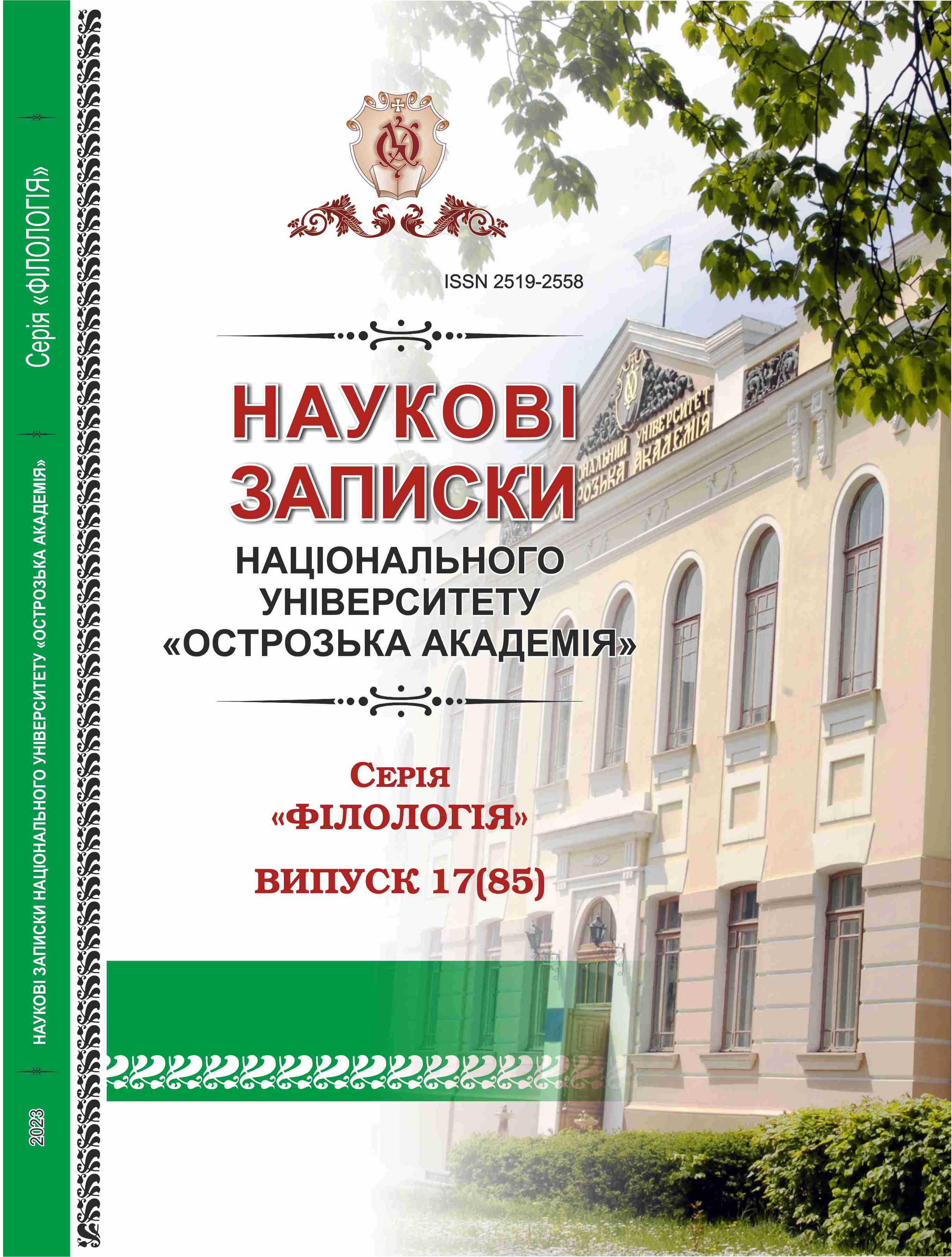THE UNIVERSE INSIDE A SINGLE WORK: AN ANALYSIS OF LINA KOSTENKO'S LYRIC “I WILL LISTEN TO THIS RAIN. IT STEALS UP AND CLAMORS…”
Keywords:
Lina Kostenko, poetry, sound-symbolism, universality, motifAbstract
Lina Kostenko has been a unique force in Ukrainian literature in the 20th and the first part of the 21st centuries. Although she is called the “conscience of the nation”, she has eschewed all labels, clichés and classifications; a dissident, she has reaffirmed the importance of freedom of thought and art through her life choices and her work. Yet, Lina Kostenko − the poet − deserves a closer reading. In this paper, the authors analyze the structure of the poem “I will listen to this rain. It steals up and clamors…” and examine its form and content.
The poem’s mirror-like symmetry creates a stereoscopic effect, opening the door to new interpretations. The poem’s fascinating intermedial elements, including an intertextual reference to “Forest Song” by Lesia Ukrainka and auto-intertextuality, as well as biographical parallels, enable a broader understanding of the work. As the focus narrows, then widens, and other planes are superimposed, the poem expands, revealing its many layers.
The sound-symbolism employed in the poem speaks volumes: in addition to the more apparent use of alliteration and assonance in the first few lines, the attentive reader will find patterns on another level that connect the earthly, the human and the beyond, the cosmic; the living and the dead; the transient and the eternal.
The poem “I will listen to this rain. It steals up and clamors…” paints a universal image of existence in time and space where love is a human essence, whether this is love for one’s home or the natural world, love of a woman for a man, love for those living and those who have passed on, for the eternal and the unfathomable.

